Previously, I published two podcast episodes about the eight parts of speech, different types of phrases and clauses, sentence types and classifications, and the most common syntax issues we might see with our students. In this episode, I’ll be discussing evidence-based grammar interventions for speech therapy.
I hope you have enjoyed this podcast about evidence-based grammar interventions for speech therapy. Thank you for listening! Want to stay in the loop for new speech therapy ideas and inspirations? I have put together a free Digital SLP podcast to share insight and tips on implementing your speech therapy sessions. If you are looking for fun and interactive speech therapy materials that students and SLPs both will love, check out what the Digital SLP® membership site has to offer, or sign up for our free trial now. Alternatively, check out our TpT store.
Resources and references:
- American Speech-Language-Hearing Association. (2003). American English dialects [Technical Report]. Retrieved from http://www.asha.org/policy
- https://cpb-us-w2.wpmucdn.com/sites.udel.edu/dist/9/6467/files/2018/11/ExplicitImplicitTechniquesInfographic-1q9slmn.pdf
- Charity Hudley, A. H., Mallinson, C., Sudler, K., & Fama, M. (2018). The sociolinguistically trained speech-language pathologist: Using knowledge of African American English to aid and empower African American clientele. Perspectives of the ASHA Special Interest Groups, 3(1), 118–131.
- https://doi.org/10.1044/persp3.SIG1.118
- Cleave, P. L., Becker, S. D., Curran, M. K., Owen Van Horne, A. J., & Fey, M. E. (2015). The efficacy of recasts in language intervention: A systematic review and meta-analysis. American Journal of Speech-Language Pathology, 24(2), 237-255.
- Fey, M. E., Long, S. H., & Finestack, L. H. (2003). Ten principles of grammar facilitation for children with specific language impairments. American Journal of Speech-Language Pathology.
- Finestack, L. H. (2018). Evaluation of an explicit intervention to teach novel grammatical forms to children with developmental language disorder. Journal of Speech, Language, and Hearing Research, 61(8), 2062-2075
- Finestack, L. H., & Fey, M. E. (2009). Evaluation of a deductive procedure to teach grammatical inflections to children with language impairment. American Journal of Speech-Language Pathology
- http://www.finestackclil.com/research/
- https://www.asha.org/practice-portal/clinical-topics/spoken-language-disorders/language-in-brief/
- https://www.asha.org/practice-portal/clinical-topics/late-language-emergence/grammatical-morphemes-in-order-of-acquisition/
- Pacton, S., Fayol, M., & Perruchet, P. (2005). Children’s implicit learning of graphotactic and morphological regularities. Child Development, 76(2), 324–339. https://doi.org/10.1111/j.1467-8624.2005.00848_a.x
- Plante, E., Tucci, A., Nicholas, K., Arizmendi, G. D., & Vance, R. (2018). Effective use of auditory bombardment as a therapy adjunct for children with developmental language disorders. Language, Speech, and Hearing Services in Schools, 49(2), 320-333.
- Scarborough, H. (2001). Connecting early language and literacy to later reading (dis)abilities: Evidence, theory, and practice. In S. Neuman & D. Dickinson (Eds.), Handbook of Early Literacy Research (pp. 97–110). New York: Guilford Press.
- Young-Suk Grace Kim (2017) Why the Simple View of Reading Is Not Simplistic: Unpacking Component Skills of Reading Using a Direct and Indirect Effect Model of Reading (DIER), Scientific Studies of Reading, 21:4, 310-333.

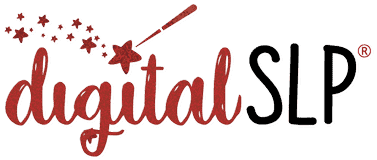
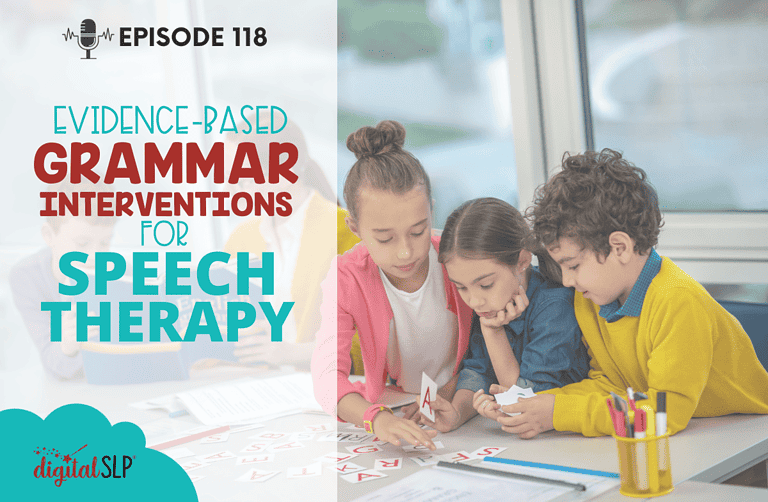
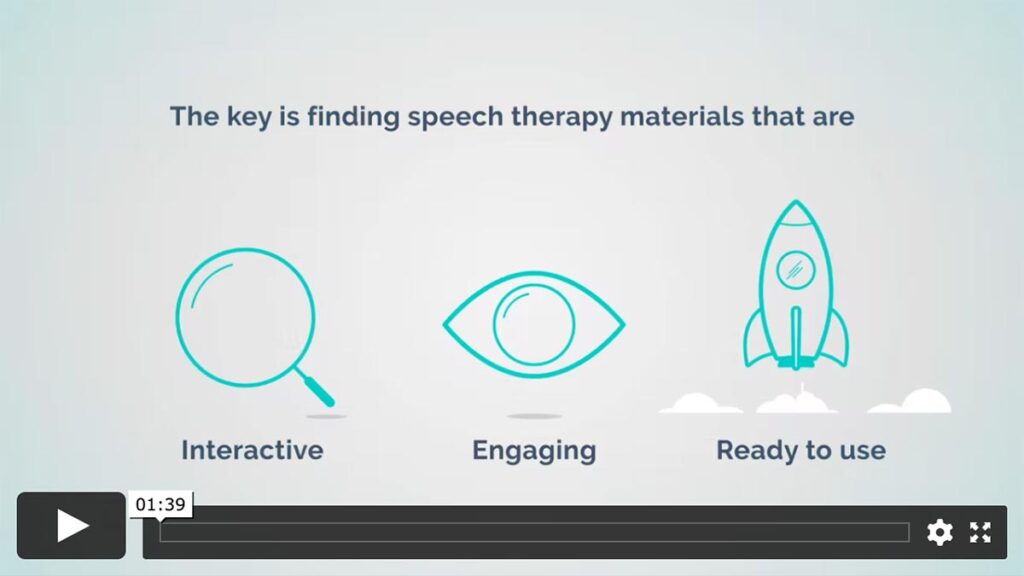



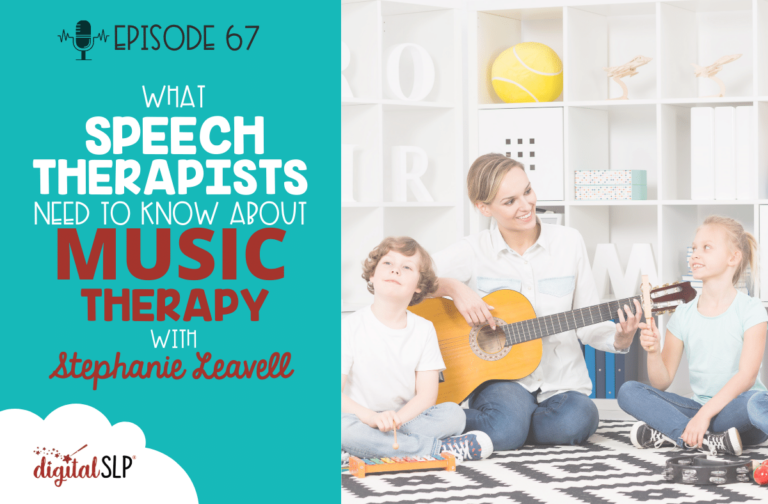

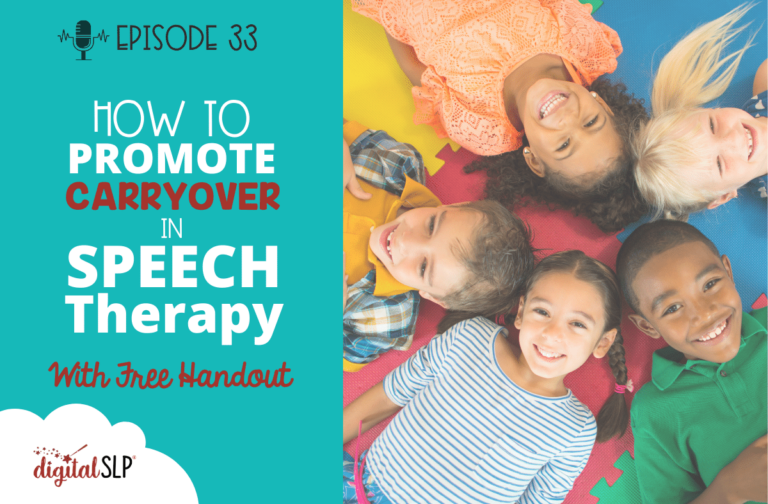




Recent Comments